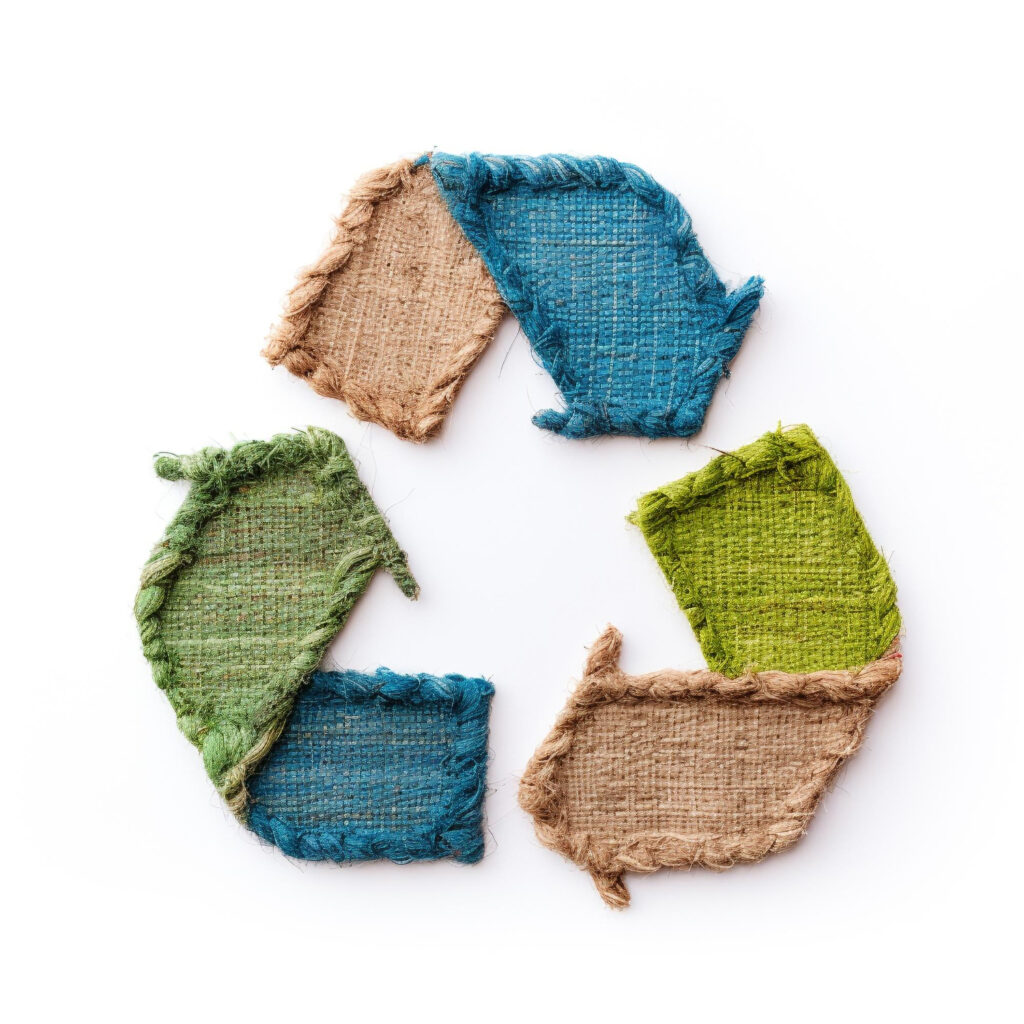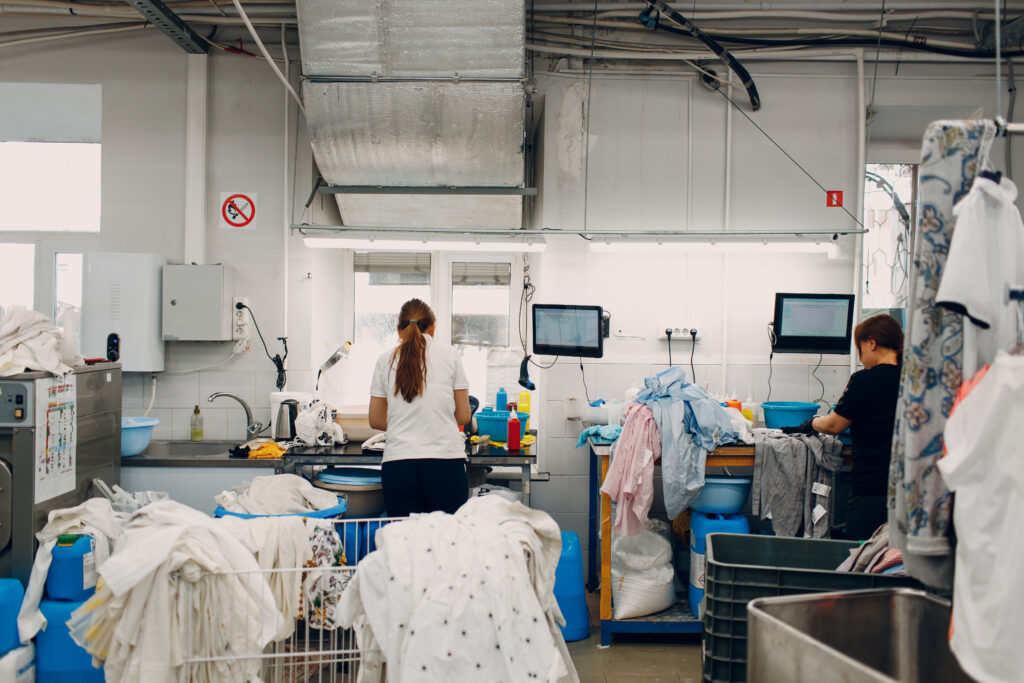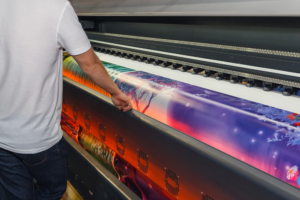Textile washing has been under the radar for the longest of time owing to environmental concerns. However, keeping the environmental requirements in hindsight, the textile washing industry has been undergoing a significant transformation in recent years, with a strong focus on sustainable practices and innovative technologies.
Traditionally, textile production and washing processes have been associated with adverse environmental impacts due to the excessive use of water, chemicals, and energy. However, the industry has made substantial progress in adopting more eco-friendly methods and technologies to reduce its ecological footprint.

Some key advancements and sustainable practices in the textile washing industry include:
Water-Saving Techniques: The industry has embraced water-saving technologies like water-free laser technology and e-flow systems. Water-free laser technology allows for distressing and fading textile without the need for water or chemicals, reducing water consumption significantly. E-flow systems use a combination of air and nanobubbles to enhance the washing process while minimizing water usage.
Eco-Washing Machines: Modern eco-washing machines are designed to be more efficient, using less water and energy while delivering the same high-quality results. These machines also incorporate features like automatic chemical dosing and better filtration systems to reduce chemical and water wastage.
Sustainable Dyeing Techniques: Sustainable dyeing processes, such as foam dyeing or natural dyes, are being adopted to reduce the environmental impact of textile production. Foam dyeing, for example, uses minimal water and chemicals while achieving vibrant colour results.
Advanced Monitoring Systems: Textile manufacturers are implementing advanced monitoring systems to track and optimize their water and energy usage. Real-time data analysis and control systems help identify areas where improvements can be made to reduce resource consumption.
Sustainable Materials: The use of organic cotton and recycled textile in production is becoming more prevalent, reducing the environmental impact associated with sourcing raw materials.
Recycling and Upcycling: Brands are increasingly focusing on recycling and upcycling textile products. This approach minimizes waste and extends the lifecycle of textile garments.
Sustainable Certifications: Many textile brands are obtaining certifications, such as the Global Organic Textile Standard (GOTS) and the Oeko-Tex Standard, to ensure that their products meet strict environmental and social criteria.
To effectively minimise the environmental impact associated with the processing stage of the fashion supply chain, a pivotal solution lies in the adoption of innovative processes that prioritise lower energy, water, and chemical requirements compared to conventional methods.
Overall, these innovations and sustainable practices in the textile washing industry are indeed helping to reduce water usage, save energy, and mitigate pollution. As consumer demand for eco-friendly and sustainable products continues to rise, the industry’s commitment to greener practices is likely to drive further advancements in the quest for a cleaner and more sustainable future.


